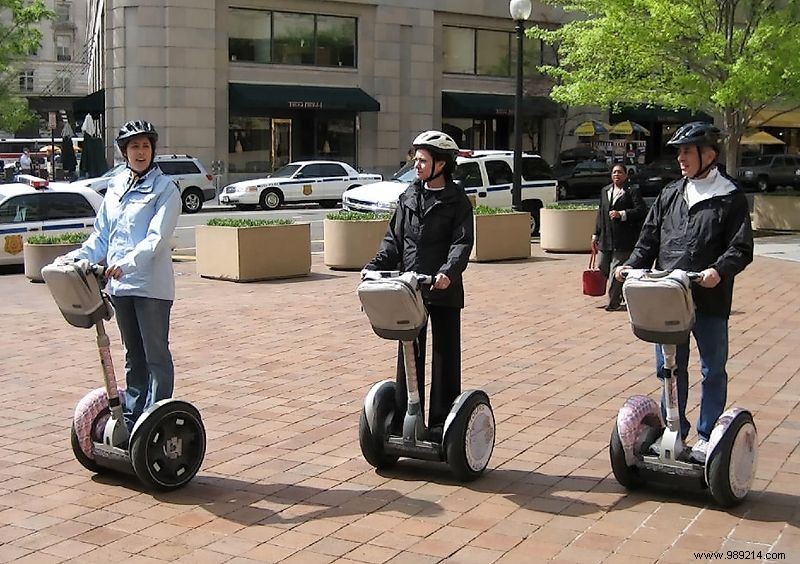Inventor of the famous Segway PT, the American Dean Kamen is currently working on many projects, some of which affect health. Recently, the person concerned made a sensational statement. Indeed, it is about the construction of a human organ factory!
Who has never seen a Segway PT? Became famous, this Segway has signed the success of its inventor Dean Kamen since its launch in 2001. However, the interested party has many inventions to his credit , such as the personal insulin pump and the iBOT, a six-wheeled vehicle for the disabled that can climb stairs. In 2010, Dean Kamen had no less than 440 patents to his credit!
Since the Segway adventure and the sale of this company in 2009,the inventor has not stopped , as explained in an article published in OneZero June 17, 2020. Indeed, the projects are numerous. Examples include the Slingshot, a water purifier for developing countries or a robotic prosthesis for amputee soldiers. The most unusual project seems to be this kind of cannon whose objective is to send police officers on the roofs of buildings!

While ideas have never ceased to swarm in the mind of Dean Kamen, the latest one questions. Indeed, it is about the construction of a human organ factory . The fact is that the announcement is surprising, especially since the manufacture of most internal organs does not exist. At best, we are only at the nascent stage of research. Dean Kamen has yet unveiled a major plan for mass industrialization. And the budget is enormous:300 million dollars, partly financed by the Pentagon.
You should know that the Advanced Regenerative Manufacturing Institute (ARMI) laboratory, managed by the United States Department of Defense, is currently working on the design of production lines. This is the BioFabUSA program, the first results of which are impressive. Indeed, the laboratory can, from human bone marrow stem cells, create ligaments in 45 days fully automated!
The next step is about building muscle , bone but also insulin-producing beta cells. These cells would represent a major advance in the treatment of type 1 diabetes. Other collaborations are surprising, in particular that with the Texas Heart Institute. It is indeed a question of making hearts for children. According to Dean Kamen, these projects will be completed in only one or even two decades.